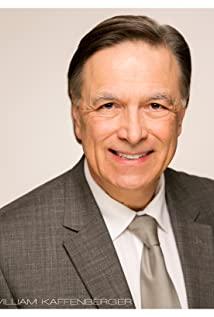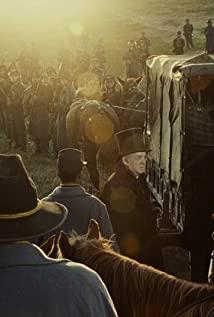In 1865, the four-year American Civil War came to an end, and President Abraham Lincoln (Daniel Day-Lewis) also ushered in his second term. For the last four months of his life and term, Lincoln had been working on a battle even harder than the Civil War: getting the 13th Amendment to the Constitution through Congress. The bill would de jure permanently abolish slavery in the United States. However, the timing of the amendment was very bad: the idea of abolition lacked the response of the people; Congress was dominated by conservative forces; the radicals who supported abolition were also dissatisfied with Lincoln's style. When the splintered southern states expressed their willingness to return to the negotiating table and end the civil war, Lincoln found himself faced with a painful dilemma: a compromised peace, or an inner morality? End slavery, or end war?
"If slavery wasn't wrong, it wasn't right." Based on the historical book "The Adversary's Team: The Political Wisdom of Lincoln," written by Pulitzer Prize-winning Tony Kushner and Oscar-directed by Steven S. Directed by Pierberg and starring two-time actor Daniel Day-Lewis, the biographical blockbuster "Lincoln" takes audiences to the greatest achievement of Lincoln's life: the abolition of slavery. Lincoln in the movie is a statesman full of flexibility and wisdom, and a commander-in-chief of the three armed forces. When his country was at its most perplexing moment, Lincoln looked beyond war with superhuman vision and devoted all his energy to the great game of changing the direction of a nation. He wants to convince the American people that when people of different skin colors look up, they will see the same starry sky.
View more about
Lincoln reviews











